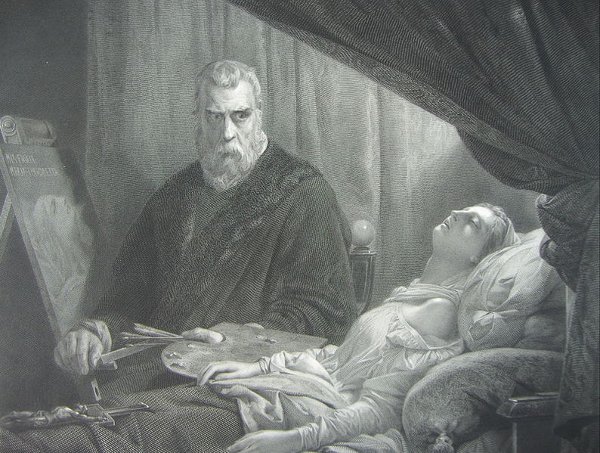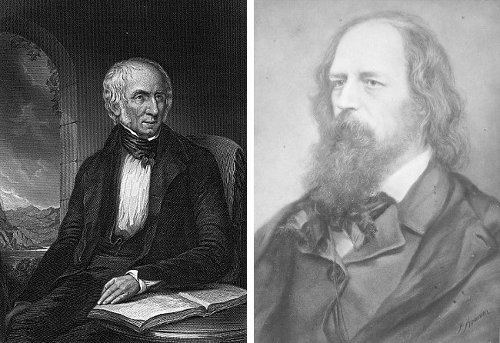
Uninspired last words:
- “Peter, take good care of my horse.” — Winfield Scott
- “Have you brought the checkbook, Alfred?” — Samuel Butler
- “Take away those pillows — I shall need them no more.” — Lewis Carroll
- “You heard me, Mike.” — John Barrymore
- “I haven’t drunk champagne for a long time.” — Chekhov
- “I can’t sleep.” — James M. Barrie
- “Moose. Indian.” — Thoreau
- “I’ve never felt better.” — Douglas Fairbanks
- “The nourishment is palatable.” — Millard Fillmore
Told jokingly that he had drunk a dose of ink by mistake, Sydney Smith said, “Then bring me all the blotting paper there is in the house.”



